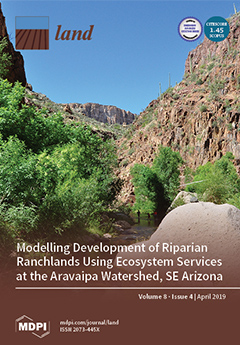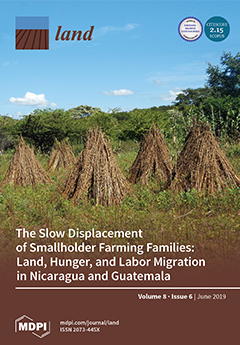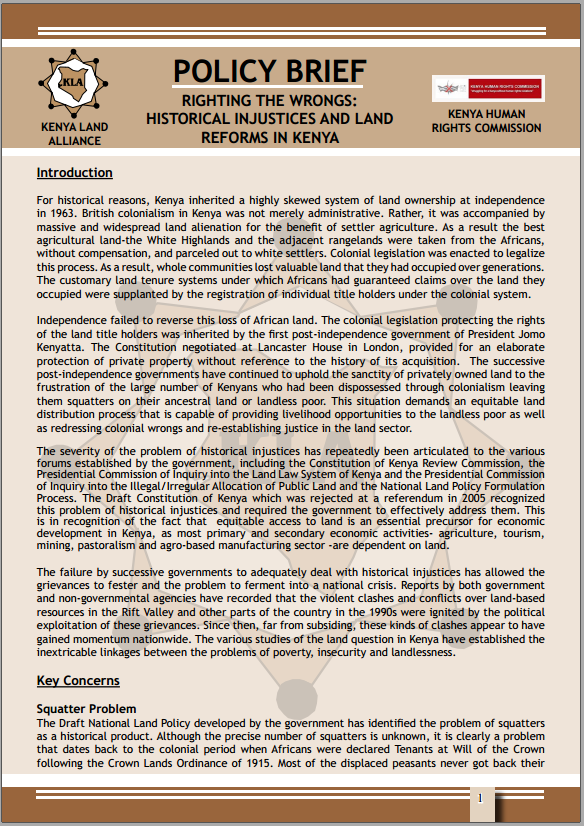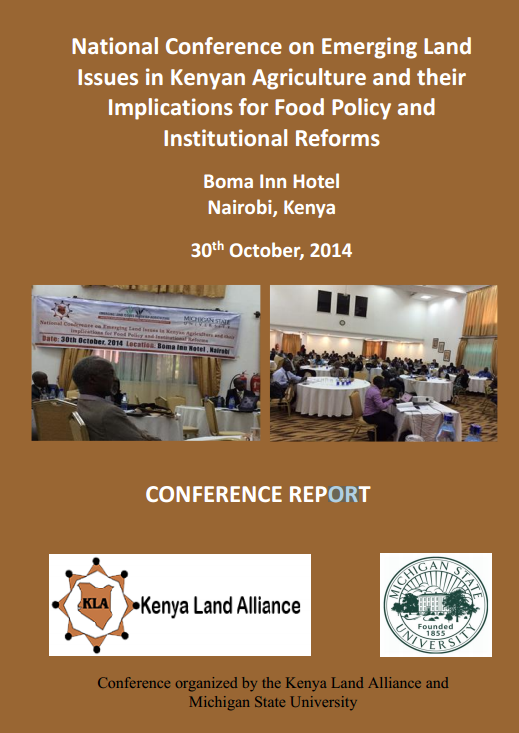Derecho a producir
* Arantxa Guereña
La agricultura ya no es la base de las economías suramericanas pero sigue siendo estratégica en el empleo, la balanza comercial, el crecimiento económico, equilibrio territorial y seguridad alimentaria. Los gobiernos de la región deben revisar su sesgo hacia la agroexportación, su miopía de género, garantizar el equilibrio en el acceso a la tierra y el agua y situar la pequeña agricultura en el centro de las políticas agrarias y de inversión pública. Esta sería una vía para reducir la pobreza y la desigualdad.











